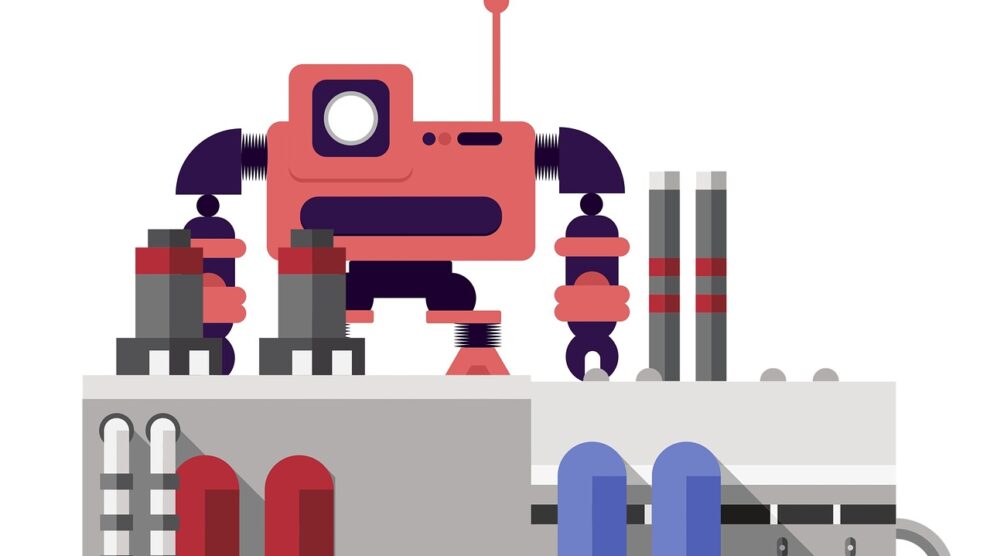The most enduring symbol of the post-Covid economy may be a “Help Wanted” sign. According to the Bureau of Labor Statistics’ most recent report, there are over 11 million more jobs than people to fill them. The reasons are various, from the so-called Great Resignation to GenZers lying flat to baby boomers reaching retirement age. None of these is transitory. The hard truth is that gains in worker productivity will no longer be enough to make up for a lack of workers.
But, as the saying goes, necessity is the mother of invention. And America, like much of the developed world, stands at the cusp of a revolution in automation. The Internet is filled with stories of hotel robo-maids, of self-driving taxis and tractor-trailers, of pizza-delivering drones and even of artificial intelligence-powered writing algorithms (perish the thought!). These leave a false impression that human labor is entirely replaceable. Indeed, and maybe ironically, several cities have launched universal income pilot programs to address the “problem” of automation displacing workers–at a time when workers are what’s needed most.
What’s going on here?
The automation revolution is real. But to foresee its future, we must look to the present state of technology. Intelligent machines are already being employed in ways we never thought possible a few years ago. Google has created chatbots that are nearly indistinguishable from humans, for example, and tractor-trailers are moving goods across the Arizona desert sans human operators.
But this is just the beginning. Robot density per employee has doubled globally in the industrial manufacturing sector over the last five years. Tesla may very well complete Roger Smith’s vision of the carmaking future. Smith was the GE CEO who attempted to make Chevys and Geos by robots way back in the 1980s. There have been hiccups on the path to full automation, of course, including Smith’s career. But robots have proven themselves adept in factories and warehouses. Alibaba and Amazon, the world’s two largest e-commerce companies, rely on them to pick and sort customer orders. Tesla relies on them to make the better part of its cars, though it too was overly ambitious in the beginning. In some cities, robotic couriers bring your package or your groceries to your doorstep.
The automation revolution could be in full force in as little as 15 years. By then, factories will be largely free of people and most of your commercial interactions will be with machines, not human beings.
But this new paradigm won’t arise in a vacuum. Politically and culturally, people will have to accept intelligent machines and adapt. Self-driving technology’s rough road (pun intended) is an instructive example. In order for machines to share the same space with human beings, there will have to be compromises and adjustments on both sides. A computer that thinks in ones and zeros cannot seamlessly interact with a being that often acts on experience and emotion. In a factory setting, tasks will necessarily be divided by the skill set required. There will always be things that machines can do more efficiently than humans and vice-versa. We will learn to co-exist because we must.
Employees within the industries that will be affected the most should consider forming new unions now to stay ahead of the curve. These industries may not be top of mind. One timely example is Starbucks, whose baristas were partially replaced by automated cappuccino machines years ago. That the baristas themselves might be replaced by robots is no longer a stretch. Interestingly, a handful of Starbucks stores have voted to unionize in the past several months.
Workers in more industrial settings–Tesla’s factories and Amazon’s warehouses, for example–already work side by side with robots. But in this revolution, no job and no industry will be immune. We are all replaceable; the only question is to what degree.





